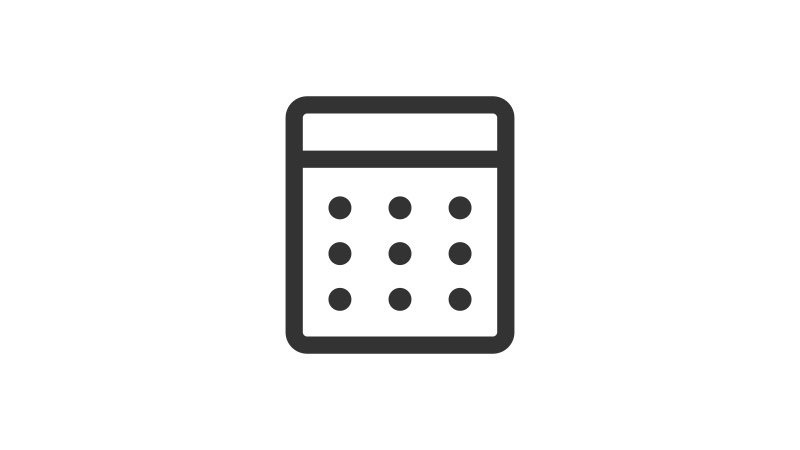
How to budget
A budget is a plan for how you’ll spend your money, including limits for spending on certain things. It's important to know exactly how much money you've got coming in and going out – as well as where it goes. This means you can make your money last and potentially save more each month.
Which of the following best describes you?
Whichever stage you’re at with budgeting, check out our articles, calculators and webinars.
Check your financial fitness score with our easy-to-use calculator
Knowing how healthy your finances are can help you work out what steps you need to take to achieve your goals. Generate your own or household financial fitness score out of 100 by answering a few quick questions. It takes about 10 minutes, and doesn't affect your credit score in any way.
How it works
- Tell us a few details about your finances - including your spending, borrowing and saving.
- We'll calculate your financial fitness score.
- You'll also get tips to help you set achievable goals to improve your financial health.
- You can use the tool again in future to see if your score has improved.

Manage your money better
Here are some useful guides to help you manage your money better

What is the 50:30:20 budget rule?
See if the 50-30-20 budget rule could help guide your spending.

How to stop spending more than you earn
Read these tips to help you avoid making spending decisions that you’ll later regret.

How to manage your bills
Get practical advice on how to stay on top of your money by keeping your bills under control.

Everyday spending hacks to save money
These easy-to-follow tips are aimed at helping you save money without feeling like you're missing out.

What is a safety net?
A financial safety net is an amount of money you have put away for unexpected, one-off expenses.

Getting your budget back on track
If the budget you set yourself has fallen by the wayside, now’s the time to get it back on track.

How to manage on a reduced income
It’s never easy making do with less money. Here are some tips on how to help you stay in control of your finances.
Tools to help you manage your money
Here are some tools and guides to help you manage your money

Online money management tools
In some ways, managing your money has never been easier. But with all the technology on offer, it can be difficult to know where to start.
This guide can help you work out which tools might be the best ones for you to help manage your money.

Budget planner
Find out how to make a budget planner. Plus, work out where your money goes and see if you can save more.

Check what you’re entitled to
Billions of pounds of government benefits and allowances are going unclaimed every year.
One of the reasons is that many people don't realise they qualify for them.

Mobile money management
Take a look at our smart money tools in our app help you keep an eye on your spending and stay on top of your finances

Financial health check
Our financial fitness specialists are on hand to speak to you about your banking needs – and you don’t have to be an HSBC customer to benefit from this service.
Explore more

Financial fitness
Our financial fitness hub gives you the tools you need to make your money work harder.

Money worries
We understand that what's happening in your life and the world around you can affect your finances. That's why we're here, so we can help you find a solution for your individual financial needs.

How to manage debt
We can help you explore your options for dealing with debt so you can get your finances back on track.

Grow your money
Building your savings, or starting investing, can be an exciting next step. See some of the different techniques, as well as what the benefits and considerations are.

